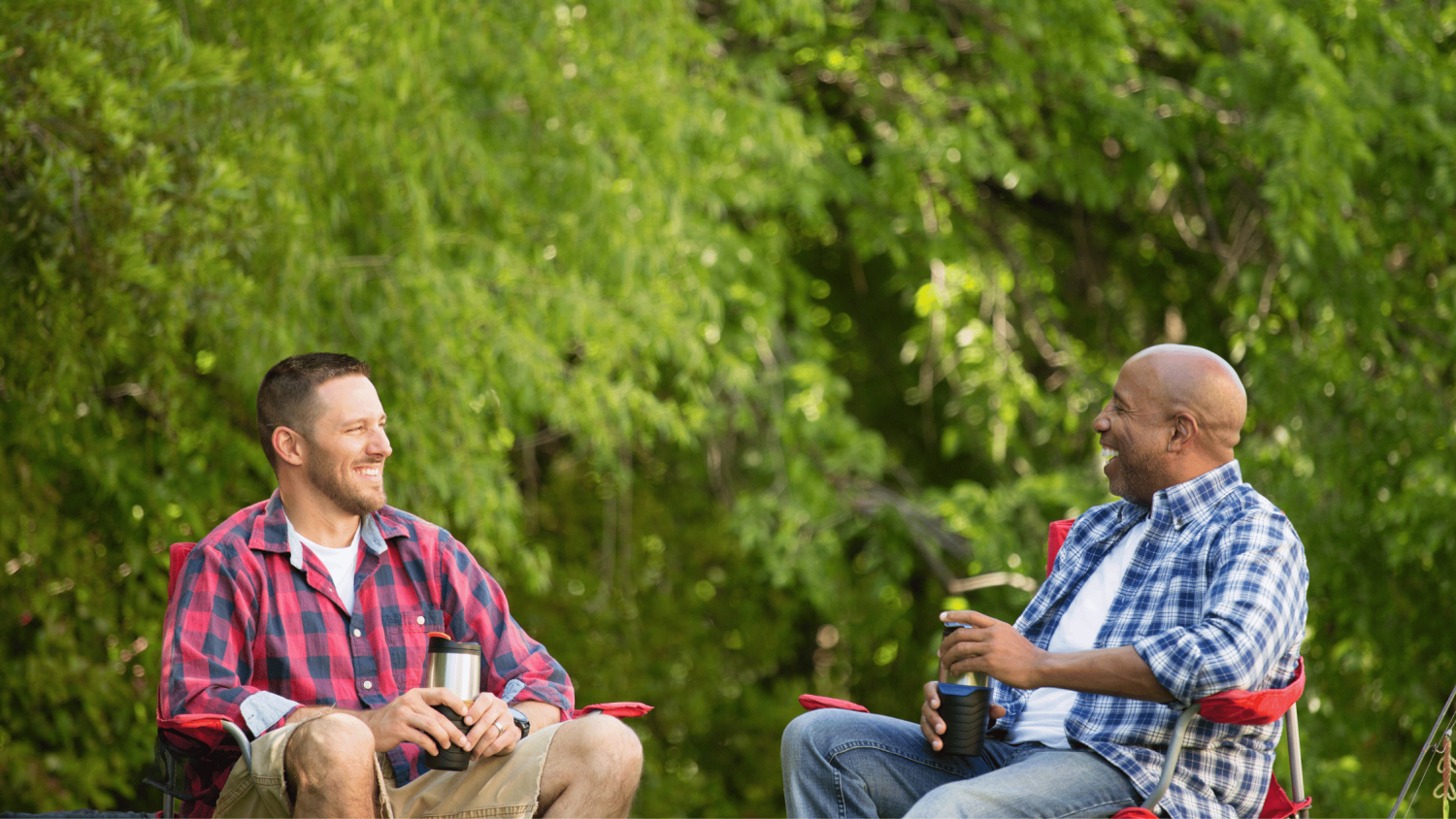Mental health conditions affect people of all ages, backgrounds and lifestyles in all kinds of ways. In fact, about one in five people globally live with a mental health condition. For firefighters, the rates are even higher than the general population – particularly in the areas of sleep disorders, depression, substance abuse, post-traumatic stress injury and suicidal ideation/action.
And too many of these firefighters are suffering in silence.
Mental health conditions are treatable illnesses. Yet, despite how common mental health concerns and conditions are, stigma persists. And most people don’t seek help.
Here are seven ways you can help stop stigma, so people feel safer and more comfortable getting the help they may need:
Be kind
A simple rule of thumb is to remember people are people, not conditions. Treating people with kindness and compassion can go a long way toward creating a welcoming, supportive environment.
Study the facts
There is a lot of bad information out there. Check your source before you repeat or repost a tidbit off the internet. It may not be accurate. Consider the motivation behind a dramatic portrayal on a TV show before assuming it’s credible. Educate yourself, so you can help set the record straight. It’s best to start with legitimate resources that are committed to raising awareness and mobilizing support for mental health. The World Health Organization is a great example. Learning about common conditions, like depression, anxiety disorder, post-traumatic stress disorder and others, will help you spread good information.
Be an ally
Encourage respect and dignity for all people. If you hear someone saying hurtful or false things about mental health concerns or conditions, politely speak up and address it.
Talk openly about mental health
Listen respectfully and invite open conversation about the importance of mental health and well-being. People should not feel ashamed or reluctant to get the benefit of professional help.
Foster understanding
Encourage yourself and those you influence to view mental health just as you would physical health. If, for example, a friend sprained an ankle or broke an arm, you would encourage them to seek medical attention. The same should be true for mental health conditions.
Share your own experience
If you have personal experience with mental illness, consider telling others about it. Sharing your story can foster understanding and provide perspective. The MnFIRE Peer Support program provides a confidential outlet for firefighters to share what they’re going through with someone who understands.
Get involved
Around the world, people are working hard to improve mental health care perceptions, systems and policies. There are many ways to show support. Make sure you post only accurate information on your social media. Drive a friend to a therapy appointment. Make your vote count in local elections. Donate time or money to an advocacy organization like MnFIRE. Every show of support helps normalize the conversation around mental health and wellness.
The emotional and disturbing calls we go on can stick with us – and it’s important to recognize how the stresses of the job can negatively impact our mental health. MnFIRE’s emotional wellness training can help your department de-stigmatize talking about mental health, as well as provide practical information around how to properly debrief after a difficult call, ways to maintain emotional well-being and what resources are available for those who need help.
Confidential peer support and mental health resources are available to Minnesota firefighters and their families for free through the MnFIRE Assistance Program. For more details or for help, call 888-784-6634 or visit mnfireinitiative.com/hhap/#MAP.
Repurposed from MnFIRE Assistance Program partner, Optum.
Sources
American Psychiatric Association, “Stigma, Prejudice and Discrimination Against People with Mental Illness.”
psychiatry.org/patients-families/stigma-and-discrimination Accessed July 17, 2023.
BetterHealth Channel, “Stigma, discrimination and mental illness.”
betterhealth.vic.gov.au/health/servicesandsupport/stigma-discrimination-and-mental-illness#challenging-stigma-associated-with-mental-illness. Accessed July 17, 2023.
Mind, “Mental health problems – an introduction.”
mind.org.uk/information-support/types-of-mental-health-problems/mental-health-problems-introduction/stigma-misconceptions/. Accessed July 17, 2023.
NAMI, “Pledge to be stigmafree.”
nami.org/Get-Involved/Pledge-to-Be-StigmaFree. Accessed July 17, 2023.








